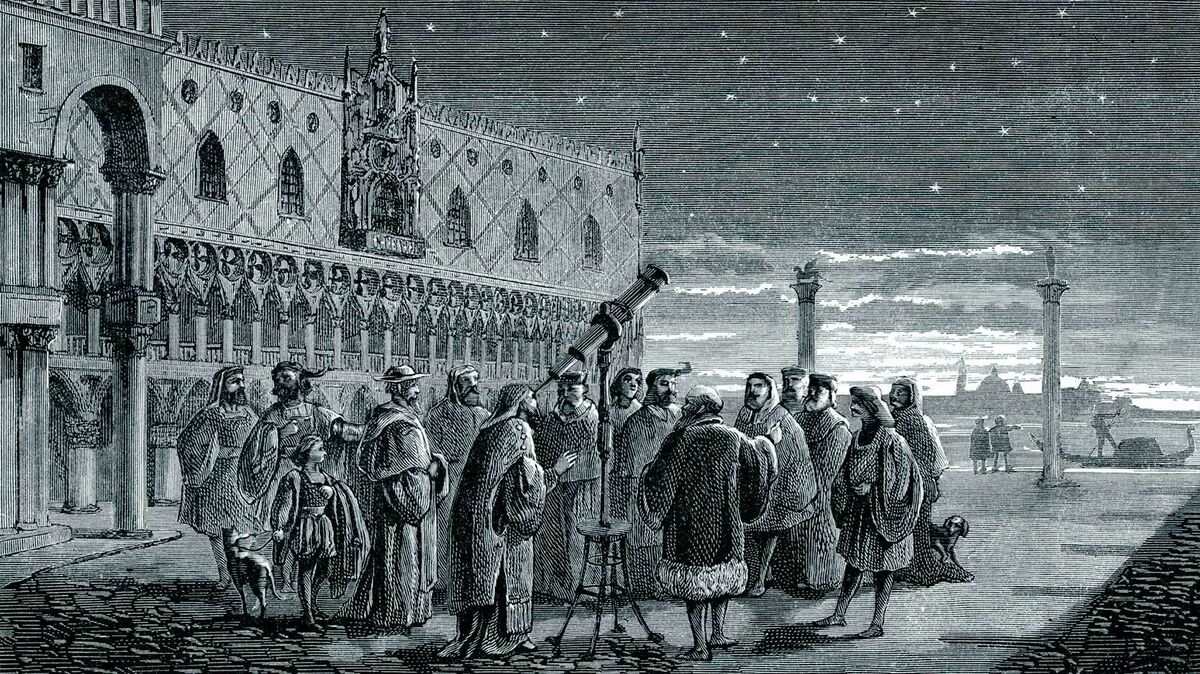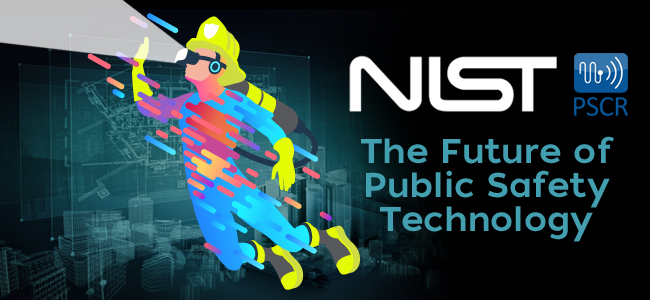The Scientific Revolution, spanning roughly from the 16th to the 18th centuries, marked a pivotal moment in human history. It become a duration of profound highbrow and cultural transformation that forever changed the way people viewed the sector and their vicinity in it. This revolution, characterised by advancements in mathematics, astronomy, physics, biology, and chemistry, laid the muse for present day technological know-how and had far-attaining implications across numerous spheres of human undertaking. Understanding its importance calls for inspecting its key contributions and their lasting effect.
1. Transformation of Worldview
Before the Scientific Revolution, Europe was in large part motivated through the medieval worldview rooted in religious ideals and historical Greek teachings. The revolution challenged these conventional views through promoting empirical statement, experimentation, and the usage of purpose to apprehend herbal phenomena. This shift from a faith-primarily based to an evidence-based totally method laid the groundwork for modern scientific inquiry and essential thinking.
2. Advancements in Knowledge and Technology
The Scientific Revolution noticed groundbreaking discoveries and improvements in numerous fields. Nicolaus Copernicus formulated the heliocentric theory, placing the Sun as opposed to the Earth at the middle of the universe. Galileo Galilei’s telescopic observations supported Copernicus’s ideas and contributed to the downfall of the geocentric model. Johannes Kepler’s laws of planetary movement supplied a mathematical framework for knowledge planetary orbits. These achievements revolutionized astronomy and laid the basis for Isaac Newton’s legal guidelines of motion and regularly occurring gravitation.
In addition to astronomy, improvements in biology, chemistry, and medication also flourished during this era. William Harvey’s discovery of the movement of blood challenged conventional beliefs about human body structure. Robert Boyle’s experiments in chemistry laid the inspiration for present day chemistry and the scientific technique. These clinical breakthroughs now not simplest elevated human understanding however additionally paved the manner for technological improvements that might form the Industrial Revolution and past.
3. Impact on Philosophy and Society
The Scientific Revolution had profound implications for philosophy and society. René Descartes’s emphasis on cause and skepticism laid the groundwork for modern philosophy and rationalism. Francis Baron Verulam’s advocacy for empirical strategies and systematic experimentation helped set up the medical method as the standard method to clinical inquiry. These philosophical developments endorsed critical thinking and the thinking of established ideals, fostering intellectual freedom and difficult the authority of conventional institutions.
Moreover, the Scientific Revolution contributed to the upward push of modern capitalism and globalization. Scientific discoveries and technological improvements spurred economic growth, change, and exploration. The improvement of navigation strategies and units, prompted by means of advancements in astronomy, facilitated international exploration and the establishment of colonial empires.
4. Legacy and Continued Relevance
The legacy of the Scientific Revolution extends beyond its instantaneous historical context. It laid the inspiration for modern technological know-how, which continues to boost our information of the natural global and improve our excellent of existence. The scientific method, with its emphasis on empirical proof and systematic observation, stays the cornerstone of clinical inquiry.
Furthermore, the Scientific Revolution emphasised the significance of education and medical literacy. It promoted the idea that information need to be available and shared, leading to the established order of universities and scientific societies devoted to the pursuit of understanding.
In end, the Scientific Revolution become a transformative length in human history that reshaped our understanding of the universe and our vicinity inside it. By promoting empirical commentary, experimentation, and the use of reason, it laid the muse for modern-day science and the technological advancements which have defined the cutting-edge global. Its effect on philosophy, society, and subculture keeps to resonate these days, underscoring the enduring importance of clinical inquiry and essential questioning in addressing current challenges and shaping our collective destiny.





